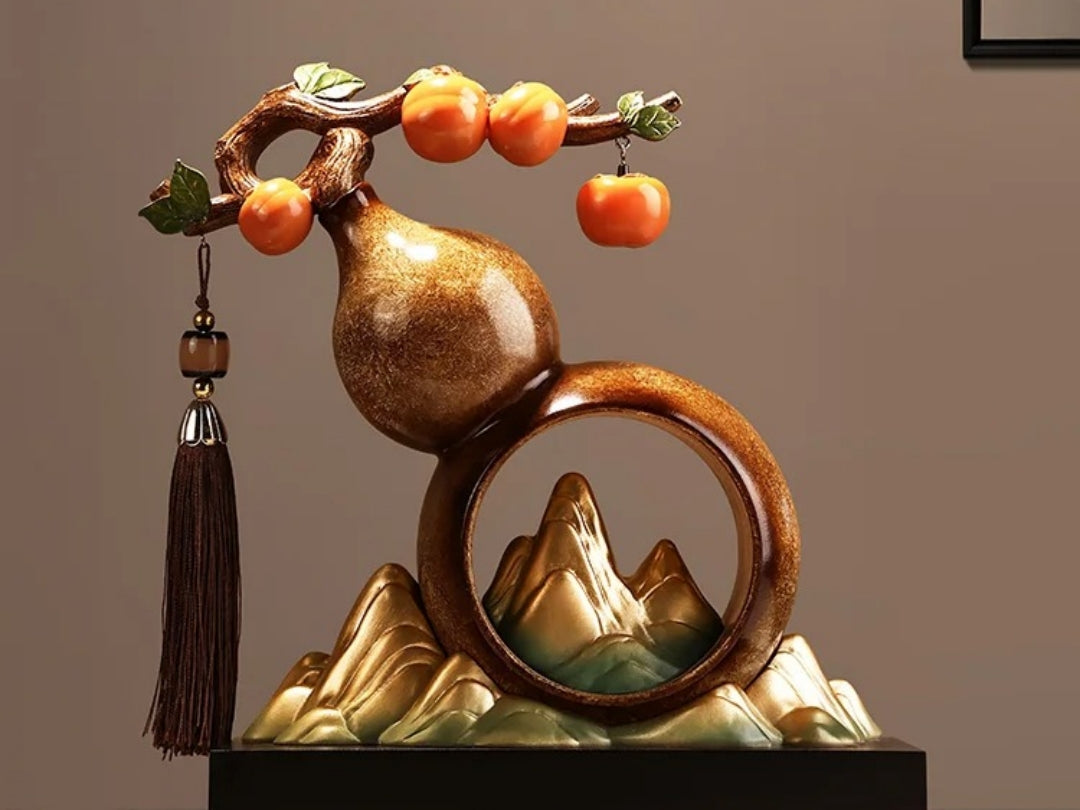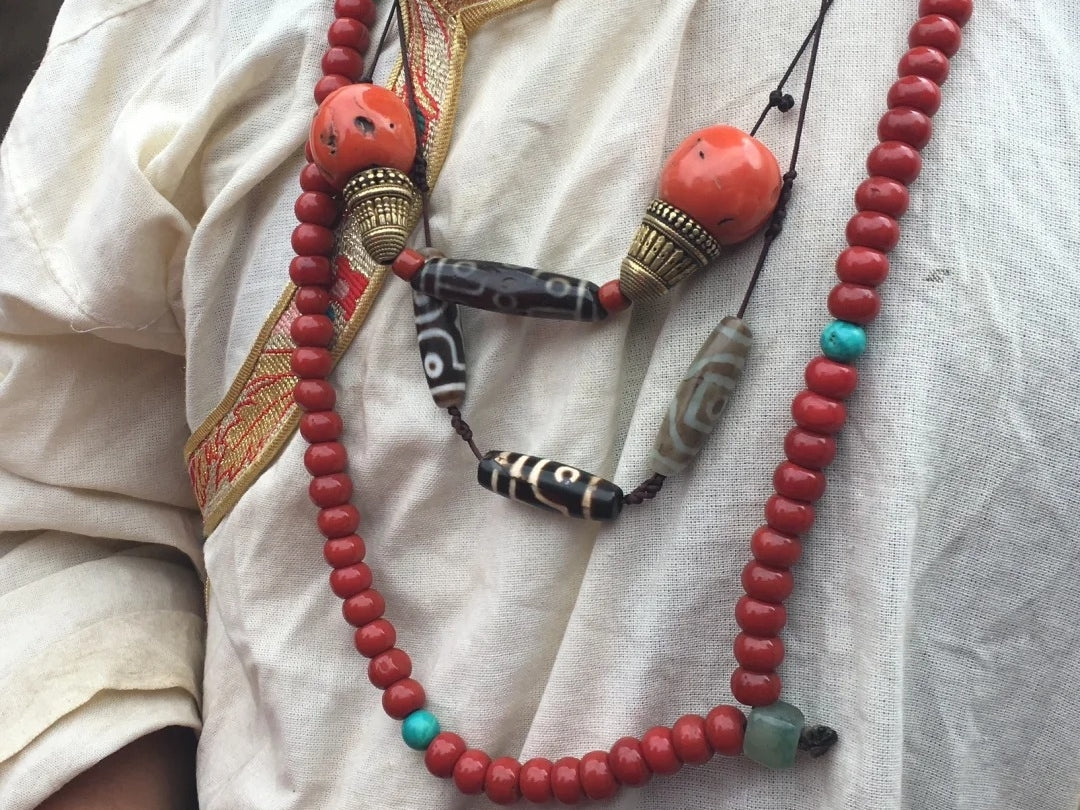Feng Shui jewelry has long been admired for its ability to attract positive energy, provide protection, and enhance well-being. Rooted in ancient traditions, these pieces carry deep metaphysical significance. However, not everyone may benefit from wearing them. Knowing how personal energy interacts with the properties of feng Shui jewelry and Buddha jewelry can help maximize their positive effects. This article explores who might want to reconsider wearing fengshui jewelry and why.

What Is Fengshui?
Fengshui is an ancient Chinese practice focused on harmonizing individuals with their surroundings. By balancing the flow of energy—or “chi”—it aims to promote health, prosperity, and well-being. While often applied to home design and spatial arrangements, fengshui also extends to personal items like jewelry. Popular examples include Buddha jewelry and pieces designed to shield against negativity or amplify luck.
However, as fengshui emphasizes personalized energy alignment, not everyone is suited to wear every type of jewelry.
1. Pregnant Women
Expectant mothers are sometimes cautioned against wearing specific types of fengshui jewelry, such as Pi Xiu (Pixiu) charms. These pieces are believed to hold strong protective energy, but the “fierce” chi they emit may disrupt the gentle, nurturing balance needed during pregnancy.
Tip: Pregnant women might prefer softer, more serene symbols, like lotus-themed Buddha jewelry, which represent peace and health.

2. Individuals with Unstable Mental States
Those experiencing emotional challenges such as anxiety or depression may find certain fengshui jewelry intensifies their feelings. For example, protective stones like obsidian can amplify emotional energy, which might not be beneficial for everyone.
Tip: Instead of energy-focused jewelry, consider meditation or mindfulness practices to restore balance during these times.
3. People with Material Allergies
If you are allergic to metals or specific materials, wearing fengshui jewelry could lead to discomfort or skin irritation. For example, nickel-based metals found in some accessories can cause allergic reactions.
Tip: Opt for hypoallergenic materials like jade, wood, or ceramics to enjoy the benefits of Feng Shui jewelry without health concerns.

4. Those Who Lack Respect for the Tradition
The power of fengshui jewelry isn’t just in its materials or craftsmanship—it’s also in the wearer’s attitude. A dismissive or disrespectful mindset toward these items’ spiritual significance can weaken their intended effects.
Tip: Wear fengshui jewelry with mindfulness and an appreciation for its cultural and spiritual heritage to unlock its full potential.
5. Special Situations: Women During Menstruation
Peachwood, a material often used in fengshui jewelry, is believed to lose its effectiveness when exposed to blood. As such, wearing peachwood pieces during menstruation is sometimes discouraged.
Tip: Temporarily set aside peachwood jewelry during this time, and recharge its energy afterward for continued protection.
How to Choose the Right Fengshui Jewelry
If you’re interested in fengshui jewelry or Buddha jewelry, take time to evaluate your current physical, emotional, and spiritual state. Selecting pieces that align with your unique energy will enhance their benefits.
Alternatives to Wearing Fengshui Jewelry
Not ready or suited to wear fengshui jewelry? Here are some alternatives:
- Improve your home’s fengshui: Rearrange your living space for better energy flow.
- Display fengshui decor: Use amulets or symbols that don’t require wearing.
- Practice mindfulness: Meditate or focus on energy-balancing techniques.
While Feng Shui jewelry and Buddha jewelry are powerful tools for enhancing well-being, they aren’t universal solutions. Understanding your unique energy needs and respecting these traditions ensures their intended benefits.

If you’re unsure which pieces are right for you, consult a fengshui expert for personalized guidance. Thoughtful choices and a respectful attitude will help you unlock the true power of fengshui jewelry.



